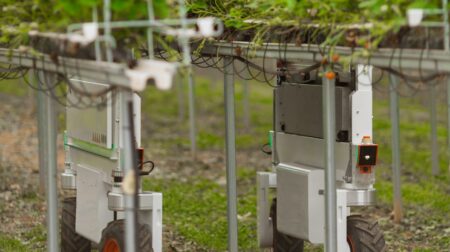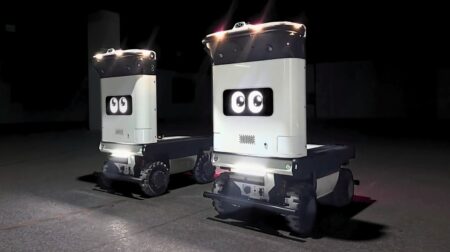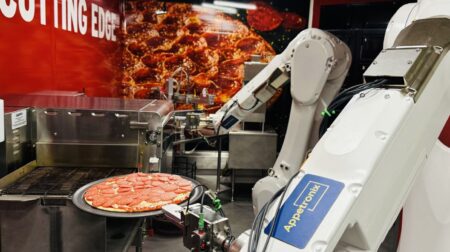Skybus has completed its initial feasibility studies for using large-scale electric vertical take-off and landing (eVTOL) aircraft.
The research project has explored the potential for a six-rotor, 30-person eVTOL concept to help decarbonise and decongest urban landscapes. The studies looked to identify opportunities for air ‘buses’ to feasibly operate alongside air taxis in future air mobility transport networks.
Launched in January 2021, under the Future Flight Challenge as a GKN Aerospace-led project, in collaboration with Swanson Aviation Consultancy, Pascall+Watson and Connected Places Catapult, Skybus believes air mobility can reduce both travel time and emissions.
Additionally, the consortium sees eVTOL’s potential to improve access to more remote areas, such as islands and mountainous regions.
The consortium also developed a Thames-based Vertiport concept as well as economic models and demand forecasts for a London based intra-city use case, with further analyses now to be carried out.
Gary Cutts, Future Flight Challenge director at UK Research and Innovation, said: “The Future Flight Challenge has always taken a broad view of the opportunities provided by the many different types of novel clean aircraft emerging.
“Our market studies show a real potential for a substantial distributed aviation system using the types of aircraft concept envisaged by the Skybus consortium and we welcome the system-wide insights gained from their feasibility studies.”








